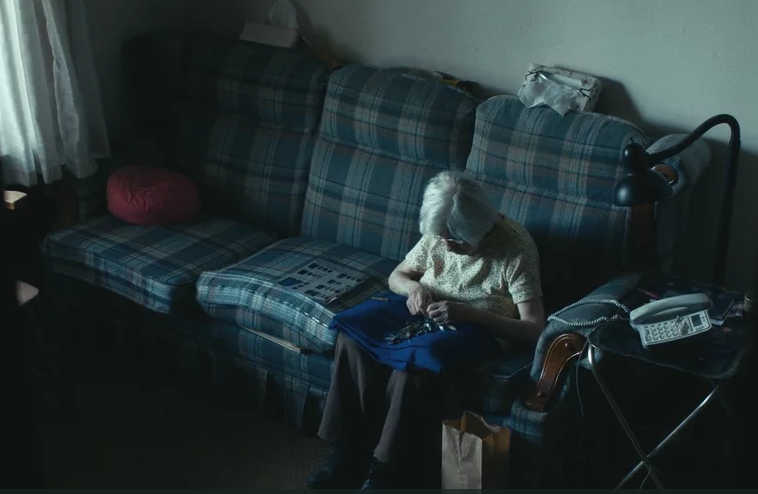/inform/
Everyone has a natural resistance to endings. We deplore the conclusion of a good movie, the last episode of our favourite television show, the retirement of our favourite sporting star or talk show host. Death, however, is the ending that we tend to fear most. We set aside specific rites and rituals for remembering our dead in a positive light: funerals, wakes and eulogies. We mourn the loss of someone we were emotionally attached to by saying only good things about them, just in case they are still listening. But where do we draw the line?
We are taught not to speak ill of the dead from a young age and at the heart of this denial is a sense of guilt that we are still alive, and they are not. It is a denial of humanity – refusing to acknowledge the flaws and mistakes that put us all on the same level.
"We are all going to die one day and most people want to be remembered fondly, but guilt-driven memoriam is tearing down the significance of that."
In Australia, this guilt rose to the surface on a national level a few months ago for the 100th anniversary of the Gallipoli landing, and the beginning of the ANZAC ‘legend’. Scott McIntyre was fired from his job as a journalist for SBS when he used Twitter to express his cynicism of the ANZAC mythos.
His 140-character commentary joltingly reminded us that the ANZACs were not saints or gods, just people; people who sometimes made selfish decisions, and who were often involved in tragedies much bigger than themselves like the destruction of Hiroshima and Nagasaki in World War 2. The reaction to McIntyre’s tweet was widespread public outrage driven by denial that the people who had fought and died for their country could be anything less than patriotic pillars of morality.
Constantly reminded that their lives were a price paid for our freedom, we felt their blood on our hands. We jumped to the defence of half a million men and women collectively, even though it is statistically improbable that from the half a million soldiers that left Australia to fight, none committed any of the atrocities so common in war – rape, theft, civilian murder. Our guilt is irrational, but not invalid.
More recently, print and social media had been choked with pleas and prayers for Andrew Chan and Myuran Sukumaran as they awaited execution in Indonesia for attempting to smuggle heroin into Australia a decade ago. Photos of Chan’s wedding, just days before he was executed, humanised him to thousands of his countrymen, many of whom had been calling for his blood barely a year prior. It cut through the buzz words and adjective-soaked headlines to remind us that he was a person with real feelings and a real future that was about to be taken away.
The question of whether Chan and Sukumaran were monsters or martyrs is irrelevant – what matters is that they were men. We heard their story for ten years and stood by as they were killed. We felt helpless, and remorseful that we had absorbed and accepted what the headlines had told us: that these were people whose lives mattered less than our own, and who deserved to have those lives taken away. The humanisation of these men in their last days created a sense of dissonance in us, and we rediscovered our human connection only in time to mourn the loss of their lives, and the potential that they held.
We are all going to die one day and most people want to be remembered fondly, but guilt-driven memoriam is tearing down the significance of that. We need to remember our lost friends, families and heroes in a way that is accurate to how they lived. Maybe they loved kids but were cruel to animals; maybe they volunteered their time for a charity but were rude to restaurant waiters. The world deserves to remember them accurately because they were all flawed human beings just like us.
/opinion/











